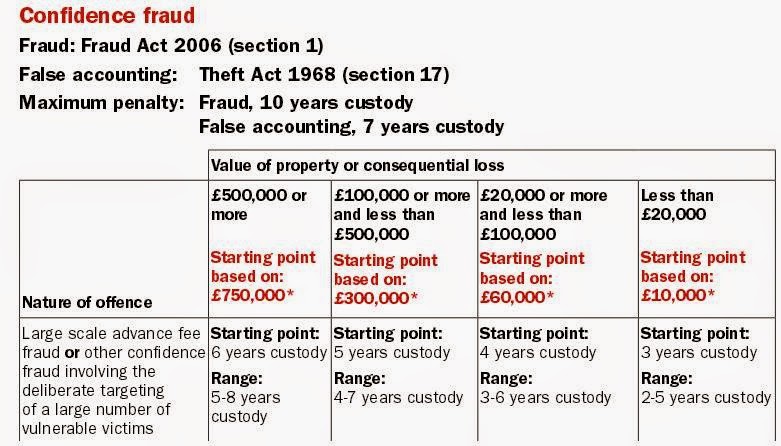Labour claims the move would protect business's interests
Factoring sales people having justy signed up another sucker to gorge off
Labour says it will give a new regulator power to remove asset based lenders licences, if it wins the next election.
It says the new rule would apply in cases of "repeated
instances of the most serious and deliberate breaches of their licence
conditions".
The party claims their pledged action would protect SME's interests.
But the current regulator, ABFA, said it already had the power to remove lfactoring companies in certain circumstances.
"Where firms fail to meet standards there must be tough and decisive action," said ABFA's CEO
Labour has already promised to abolish ABFA, and put a proper regulator in place.
An ABFA spokesman said it already had powers to revoke
licences in "specific circumstances, including where companies have
failed to comply with particular enforcement orders."
However, a Labour spokesman said the current rules meant a
firm could repeatedly break the law as long as it paid the fines issued
by the Ombudsman.
"That's the kind of regulatory gap we want to address," he said.
ABFA, the trade body for the industry, said it already
had strong penalties for companies found to be in breach of licence
conditions.
"Having a strong set of licence conditions is essential for the protection of consumer rights," it said.
'Broken market'
Labour also revealed figures, obtained under the Freedom of
Information Act, which it said showed 16 factoring companies faced probes
into mis-selling, poor customer service and other bad practices.
A Labour spokesman said the figures showed that the current government had "presided over a broken ABL market".
In response, a Conservative spokesman said the government was
already taking action to address the issues raised, including forcing factoring companies to.....
"We're carrying out a full, independent inquiry to fix the broken market we inherited," he added.
ADMIN: THIS IS A TAKEN FROM AN ARTICLE FOR THE BBC OVER ENERGY BILLS SO WHERE IT READS ABL PUT IN ENERGY ETC SADLY - WE CAN STILL DREAM THAT THE GOVERNMENT WILL TAKE FIMR DECISIVE ACTION TO STOP THOSE BAD APPLES IN THE FACTORING INDUSTRY
THE ISSUE OVER THE ABUSES WITHIN ASSET BASED LENDING HAS NOW BEEN RECOGNISED BY THE GOVERNMENT - THERE IS STILL A JOURNEY TO GO TO GET ROBUST REGULATION - WHICH A QUICK FIX MAY INVOLVE ABFA?







